'Skipping breakfast can affect many aspects of health, including blood pressure'. Start your day with health news to see more of this article!
Start your day with health news , readers can also read more articles: Things to do when you have high blood pressure; Tips to help diabetics not worry about blood sugar spikes ; Doctors show how people with high cholesterol can enjoy Tet with peace of mind...
Unexpected effects of skipping breakfast on blood pressure
Many people who want to lose weight should follow a calorie deficit diet and often skip breakfast. In addition, some people have the habit of not eating breakfast. Skipping breakfast can affect many aspects of health, including blood pressure.
Breakfast is important because it is the first meal of the day, providing energy for the body after a long night's sleep. Breakfast helps provide energy for brain and muscle activity, especially for those who need to be alert in the morning.
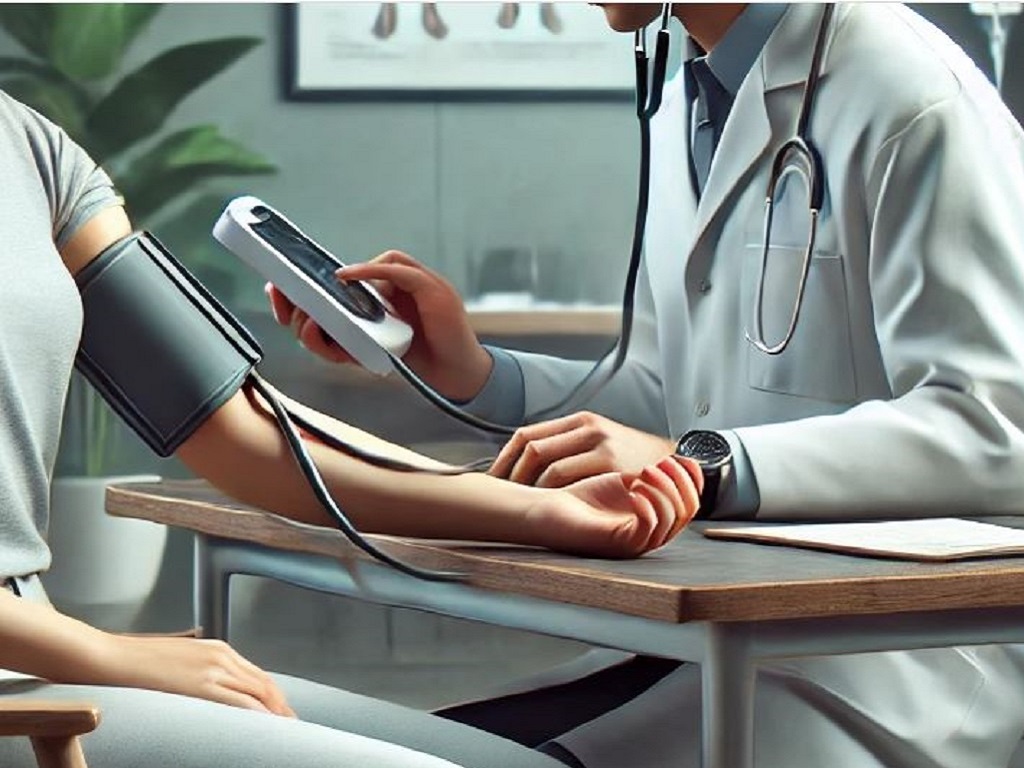
Skipping breakfast may contribute to high blood pressure
A study published in the International Journal of Hypertension found that skipping breakfast can increase blood pressure by 20%. This is evidence that skipping breakfast can lead to cardiovascular problems.
There are several theories to explain this phenomenon. The first is that skipping breakfast can increase hunger throughout the day, which in turn stimulates cravings and leads to overeating. This results in weight gain. Weight gain is a risk factor for high blood pressure .
In addition, people who skip breakfast often have unhealthy habits such as poor diet, lack of exercise or sleep problems. Skipping breakfast is also associated with increased inflammation in the body. This condition also contributes to high blood pressure. The next content of this article will be on the health page on February 2.
Tips to help diabetics not worry about blood sugar spikes
Tet is a season of family and festivities. So how do you control your diabetes during the holidays when food temptations are everywhere?
Here, experts share tips for diabetics to enjoy Tet without worrying about blood sugar levels.
Experts from the US Centers for Disease Control and Prevention (CDC) advise planning:

Don't forget to check your blood sugar, even during the holidays.
Eat close to your regular meal times to keep your blood sugar stable. Have a small snack at your regular meal times if needed and eat a little less at parties with others.
When going to a party, bring a healthy snack with you. Plan your carbohydrates in advance. For example, if you are going to have a sweet treat, cut back on other carbohydrates.
Don't skip meals before a party. If you're too hungry, you're more likely to overeat.
Avoid or limit alcohol. Alcoholic beverages can raise or lower blood sugar levels. The effects may take several hours to appear.
Dr. Cecilia Low Wang, professor of medicine at the University of Colorado School of Medicine (USA), recommends checking your blood sugar before, during, and a few hours after drinking - and letting people around you know you have diabetes. So if there are strange signs, it may not be because you are drunk, but it may be hypoglycemia.
Don’t forget to check your blood sugar, even during the holidays. The next part of this article will be on the health page on February 2.
Things to do when having high blood pressure, high blood sugar
To protect health during Tet, especially for people with cardiovascular and metabolic diseases, people can refer to the methods and tips to cope when they have symptoms of the disease below.
According to specialist doctor 2 Nguyen Thi Diem Huong, University of Medicine and Pharmacy Hospital, Ho Chi Minh City - branch 3, some diseases are likely to get worse during and after Tet due to disruptions in lifestyle and nutrition, specifically:
Hyperglycemia. Symptoms of hyperglycemia include hunger, thirst, frequent urination at night, fatigue; may be accompanied by blurred vision, numbness in limbs, restlessness, shortness of breath, anxiety...
Treatment: Drink plenty of water to eliminate excess blood sugar through urine. Patients with kidney or heart failure should not use this method.
Drink 1 more cup of green tea (can add 2-3 slices of ginger) every day.
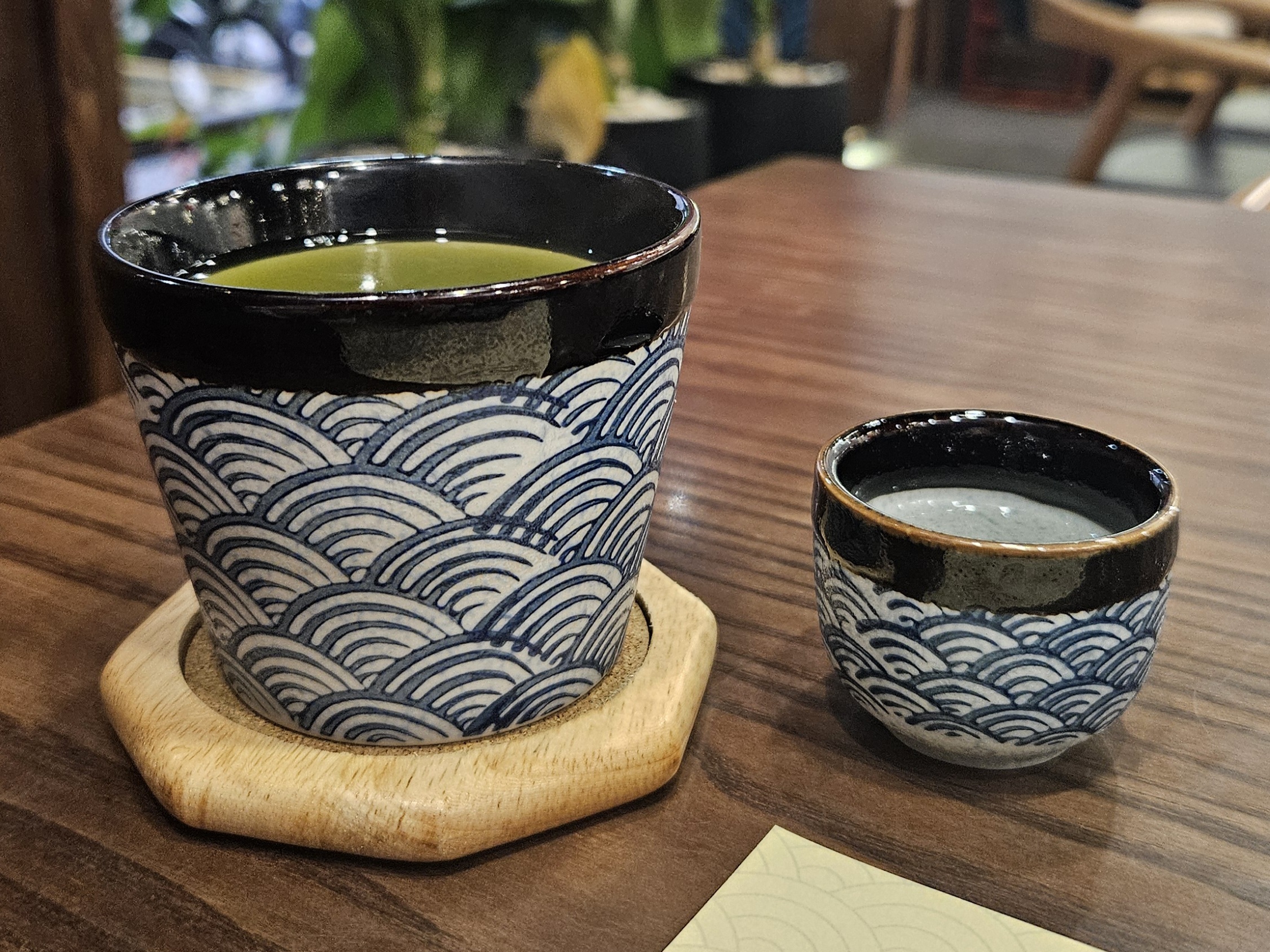
Drink 1 more cup of green tea (can add 2-3 slices of ginger) every day
Walk 30-60 minutes to promote glucose utilization.
Adjust your diet and monitor your blood sugar at home. Visit a medical facility early if the condition is not controlled or shows signs of increasing.
High blood pressure. If systolic blood pressure is above 140 mmHg but below 160 mmHg: Patients can monitor at home, limit movement, mainly rest, need to continue taking blood pressure medication during the day according to prescription. Limit salty foods, do not smoke, avoid anxiety... to stabilize blood pressure. If it is still abnormal, should go back for a check-up soon so that the doctor can adjust the medication accordingly.
If systolic blood pressure is higher than 160 mmHg: The patient needs to use blood pressure lowering medication available at home that has been consulted with a doctor in advance. During this time, the patient needs to rest and monitor blood pressure. In case blood pressure is still high or there is no medication to control blood pressure immediately, the patient should be taken to the hospital as soon as possible. Let's start the day with health news to see more content of this article!
Source: https://thanhnien.vn/ngay-moi-voi-tin-tuc-suc-khoe-vi-sao-bo-bua-sang-khien-huet-ap-tang-185250201223101538.htm



![[Photo] General Secretary To Lam and National Assembly Chairman Tran Thanh Man attend the 80th Anniversary of the Traditional Day of the Vietnamese Inspection Sector](https://vphoto.vietnam.vn/thumb/1200x675/vietnam/resource/IMAGE/2025/11/17/1763356362984_a2-bnd-7940-3561-jpg.webp)





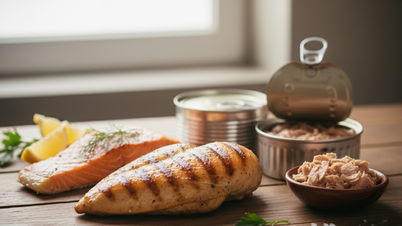
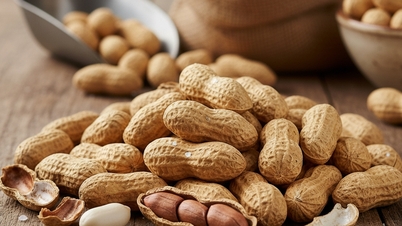
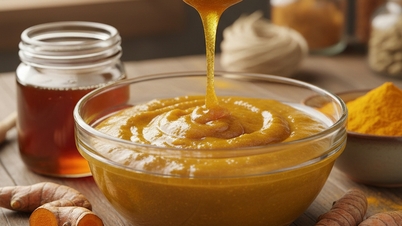



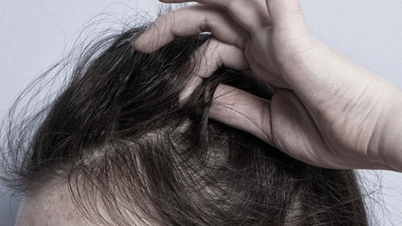



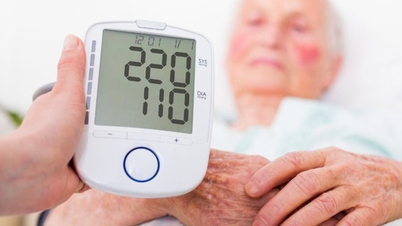
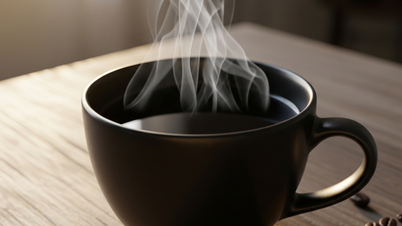






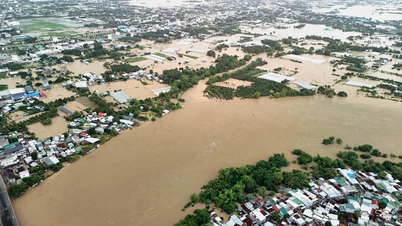









































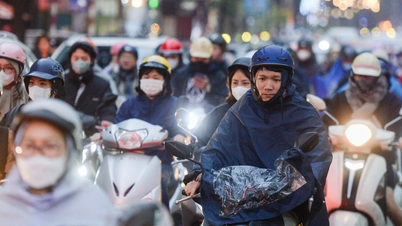

















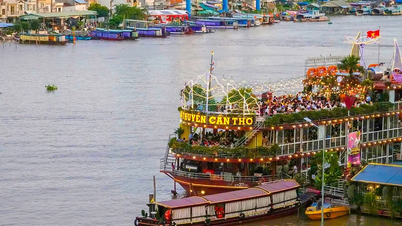



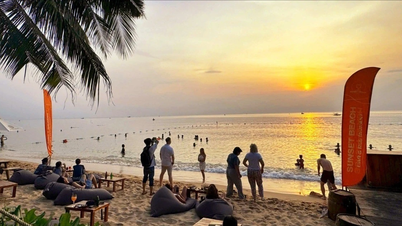















Comment (0)